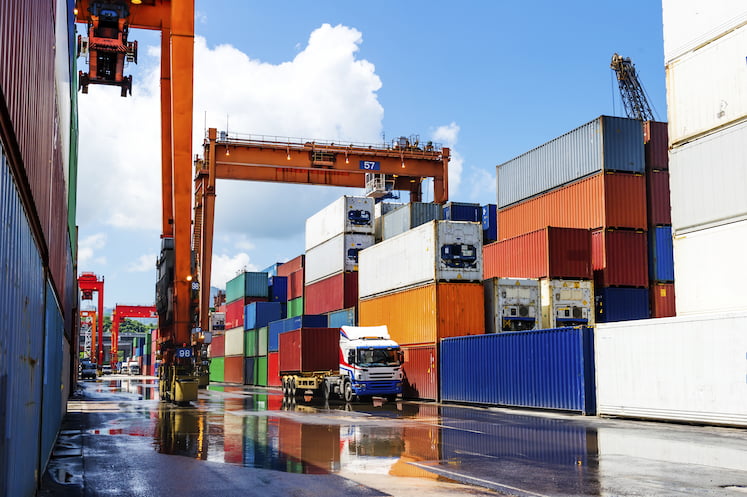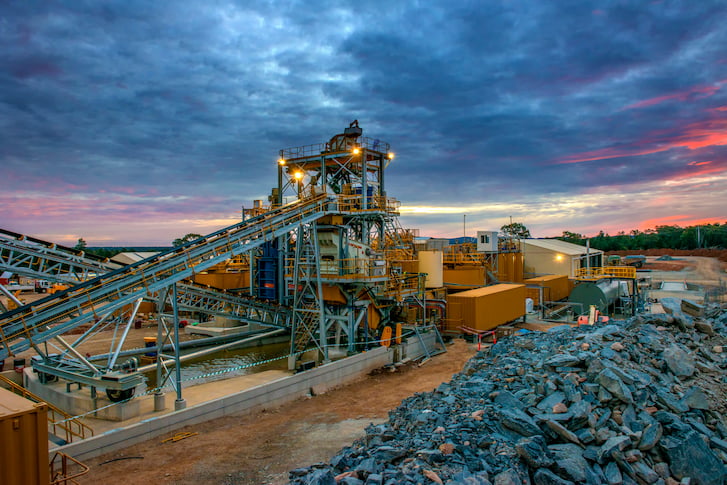Why is it that some business leaders can steer the ship through the most difficult of times while others falter and crumble?
One of the world’s most powerful women, Chair and CEO of global company ATCO Nancy Southern, shed some light on the issue at a recent business breakfast in Perth.
In WA, ATCO is synonymous with relocatable structures – affectionately known as dongas – and as operator of WA’s gas pipeline, which delivers gas to more than 750,000 homes through more than 14,000km of pipeline.
But the 70-year-old company is a global empire with 7000 employees and more than $22 billion in assets.
It’s been quite a remarkle journey – from humble beginnings, to barely staying afloat when things went disastrously wrong to fighting back to what it is today.
Southern attributes ATCO’s survival to the leadership attributes of her father Ron Southern, who started the company aged 17 and who she described as a “courageous leader”.
ATCO, which now has transportable huts in more than 120 countries, began in 1947 as a trailer company providing sturdy accommodation for exploration sites in Canada.
A break came in 1950 when the head of Shell’s exploration division in Alberta asked Ron to make something sturdier than the trailers so that crews could all work together.
Almost overnight an industry was born as transportable accommodation delivered by trucks to remote sites solved the problem of constructing expensive and time consuming worker villages for the booming Alberta oil industry.
“Our first tiny factory was a shed, it was about five metres away from our 18 sq m house. And the rest of our yard was dedicated to parts and inventory and trailer storage. And that’s where I grew up,” Southern recalled.
The business quickly reached new heights with its first international contract with Boeing, whose crews were working on a US Government missile defence strategy to defend the US against threats from Russia and Cuba.
A decade later, ATCO received its first order in Australia and the company sent the components of a drilling camp from Canada and erected them on the docks in Sydney.
In 1960, the Southerns moved to Elizabeth outside Adelaide and established the company’s first Australian factory. It has since invested more than $2 billion in Australia – the lion’s share in Perth where it has a factory in Kwinana and head office in Jandakot.
“From Australia, Canada and the United States we built mining camps, oil and gas camps, even entire villages, hospitals, schools, research stations, and we exported them to the Arctic, to the Antarctic, Pakistan, Abu Dhabi, Argentina, Chile, Venezuela, Saudi, Indonesia, Vietnam, Iran, Iraq, PNG, Mali, Nigeria, throughout Canada, throughout Australia,” she said.
Acquisition shock
While thriving, customers were cyclical, so to expand its long-term growth opportunities the company acquired Canadian Utilities in 1980.
The US-company owned and operated natural gas and electricity transmission and reticulation, power generation, oil and gas production and mid streaming assets, all centralised in Alberta.
It was this acquisition which almost brought the company to its knees.
“The acquisition was like a minnow swallowing a whale,” Southern recalled.
“And almost immediately after the transaction closed, a global recession took hold, the federal government in Canada implemented the National Energy Program that served to all but destroy the oil and gas industry and interest rates at the time sawed.
“ATCO had taken on significant debt to acquire Canadian Utilities. Our cash flow was evaporating and interest on our debt climbed to 23 per cent.
“We almost lost the company. We had to sell big blocks, good assets and parts of the company that were so valuable to us in order to survive and make the interest payments on the debt.”
Leadership: characteristics of excellence
Southern said it was her father’s leadership, sheer grit and determination that saw everyone in the company pull together to never miss a debt payment.
Under his guidance they produced more efficiently, found new customers and found ways to improve service to customers.
“And it was under these most desperate and anguishing times that I witnessed and understood the most important characteristics of leadership,” she said.
These included:
- Courage: the courage to be bold.
- Determination: no matter how hard things get the determination to see things through, striving always to never break a promise.
- Perseverance: using your courage and your determination to persevere, never give up, no matter the hardships.
- Imagination: daring to dream. Finding new ways to solve problems, create better products and services for a better world.
- Integrity.
“Courage, determination, perseverance, imagination and integrity, these are the characteristics of excellence. And this is what I am, and the people of ATCO strive for each and every day,” she said.






